
Hypoglycemia is a medical term that refers to low level of sugar in blood. If one is measured with 70mg/dL or even less amount of sugar in blood, he/she is suffering from hypoglycemia. Hypoglycemia can affect healthy individuals, but is more often related to diabetes. Patients suffering from diabetes may develop hypoglycemia out of many reasons and one of them is intake of insulin without adequate consumption of food.
What Causes Hypoglycemia?
It is well known that sugar in blood is used up too quickly and that further glucose release into the blood stream does not occur rapidly. Insulin, a hormone produced by the pancreas, represents the most important substance when it comes to maintaining optimal level of sugar in blood. In there is too much insulin, hypoglycemia is inevitable.
Diabetic patients are the most affected group when it comes to hypoglycemia. Patients suffering from both types of diabetes, type I and type II, may have low level of sugar in blood due to different medications (insulin, sulfonylurea medications etc). The problem most commonly occurs if patients have taken too much of these medications, have not eaten enough food or increased exercise without previously taking optimal amount of food.
Furthermore, hypoglycemia may also affect newborn babies whose mothers are suffering from diabetes. In such case drop of sugar in blood can be quite severe.
There is one more type of hypoglycemia called idiopathic hypoglycemia, the condition in which the actual cause simply cannot be identified.
And finally, hypoglycemia may occur in case of alcohol consumption, presence of a specific insulin-producing tumor called insulinoma and may affect people suffering from liver disease.Treatment for Acute Hypoglycemia
Healthy people who may have developed hypoglycemia are due to eat or drink some form of sugar immediately. The best thing one can do is to drink fruit juice or sugared (non-diet) soda pop. Candies can help as well. Similar action is supposed to be performed by diabetic patients who are able to recognize or have measured low level of sugar in blood.
Diabetic patients should inform people from their surrounding of the disease they are suffering from and potential complications which may require emergency treatment (one of them is hypoglycemia). They should also wear a medical alert bracelet or tag.
Severe cases of hypoglycemia are treated in hospitals where patients receive glucose intravenously.
Prevention of repeated hypoglycemia attacks is achieved with proper management of diabetes and other underlying conditions. In case one does not known how to achieve this, he/she is supposed to consult a well experienced health care provider. By measuring level of sugar in blood, diabetic patients get fully informed about the level of sugar in their blood and, if necessary, can make timely corrections.
And finally, if hypoglycemia is caused by other reasons apart from diabetes, doctor's role is to examine patients, perform all the necessary tests and analysis and identify the underlying cause. Once the cause is identified, patients are recommended the most convenient treatment.


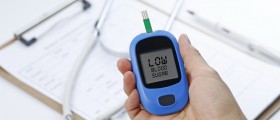
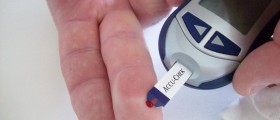
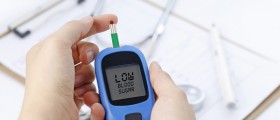


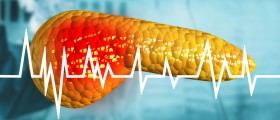

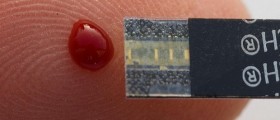

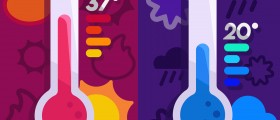
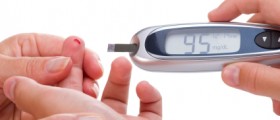

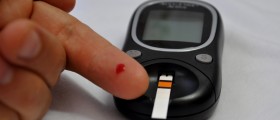


Your thoughts on this
Loading...